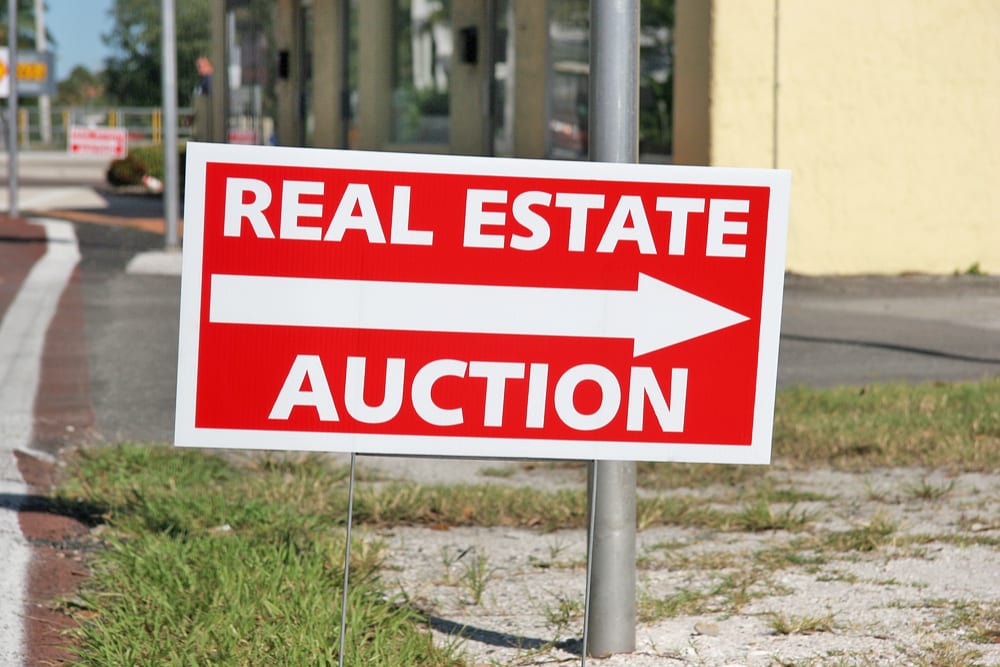
Selling your home at Auction
 Three main selling methods exist to utilise when thinking about putting your home up on the market. These being, at an auction, tendering or through a private sale.
Three main selling methods exist to utilise when thinking about putting your home up on the market. These being, at an auction, tendering or through a private sale.
There are six important questions that need to be answered by you, the vendor, when considering the sale as well. You should ask yourself:
- What property ‘type’ does my home fall into?
- What market is my property in? Taking into consideration its location.
- Which real estate agent is going to be best for me?
- What are the current market conditions like?
- How soon do I want to sell?
- Which option would make me feel most comfortable about the sale?
Selling At Auction
Auctions are fast becoming the most popular method of sale amongst Australian homeowners.
Just about any property can be sold at an auction, which also comes with many advantages to both buyers and sellers and is no longer seen as a measure of desperation, but rather an effective selling method.
Auctions Explained
- The auction is conducted by an appointed real estate agent or an accredited auctioneer.
- The auction is advertised with a set date and time.
- People turn up on the day and ‘bid’ for the home in attempt to purchase and secure it.
- At the end of the auction the home is sold to the highest bidder.
Advantages of Selling at Auction
- People are forced to bid in accordance with the vendor’s specific conditions.
- The reserve price set by the vendor ultimately protects them from worst-case scenarios – this is determined by the agent and agreed upon with seller prior.
- The vendor has full control over marketing expenditure and can be selective with advertising frequency and quantities.
- In the event that the property fails to sell, direct contact can be made afterwards to negotiate with the most likely buyer.
- There is opportunity for an easy, or early sale as the pressure or anticipation of an auction can help ‘push’ someone who’s interested into making an offer prior to auction day.
- A sale from an auction is generally determined as an ‘unconditional’ sale. This means that the sale is ‘set in stone’ if you will, providing reassurance rather than waiting on approval for finance from buyers etc.
- Distinct or unique features always influence buyers to bid higher, sparking a high level of competition.
- There is potential for higher profitability as the harsh competitive environment that is an auction can force people to spend more than they originally planned.
Disadvantages of Selling at Auction
- If a property is ‘passed in’ it can cause a significant decrease in buyer interest thereafter.
- If the bidding starts off slow, the lack of initial interest can create a perception amongst buyers in the sense that they start to question the home’s true value.
- While many buyers like the auction process, many also don’t. There is the potential to push people away as well.
- Some states legally ask for buyers to register in order to participate in an auction. Many buyers may think it’s too much trouble or just don’t like this process in general.
- There is never a guarantee that you’ll achieve the price that you want.
- Because a buyer only needs to outbid the previous bidder by a fraction, there’s no telling whether or not you got their best offer.
- The selling contract locks sellers in to utilising the one, single agent for the sale. If circumstances change and you’re locked in for a fixed time period, vendors are unable to switch the selling rights to another agent.